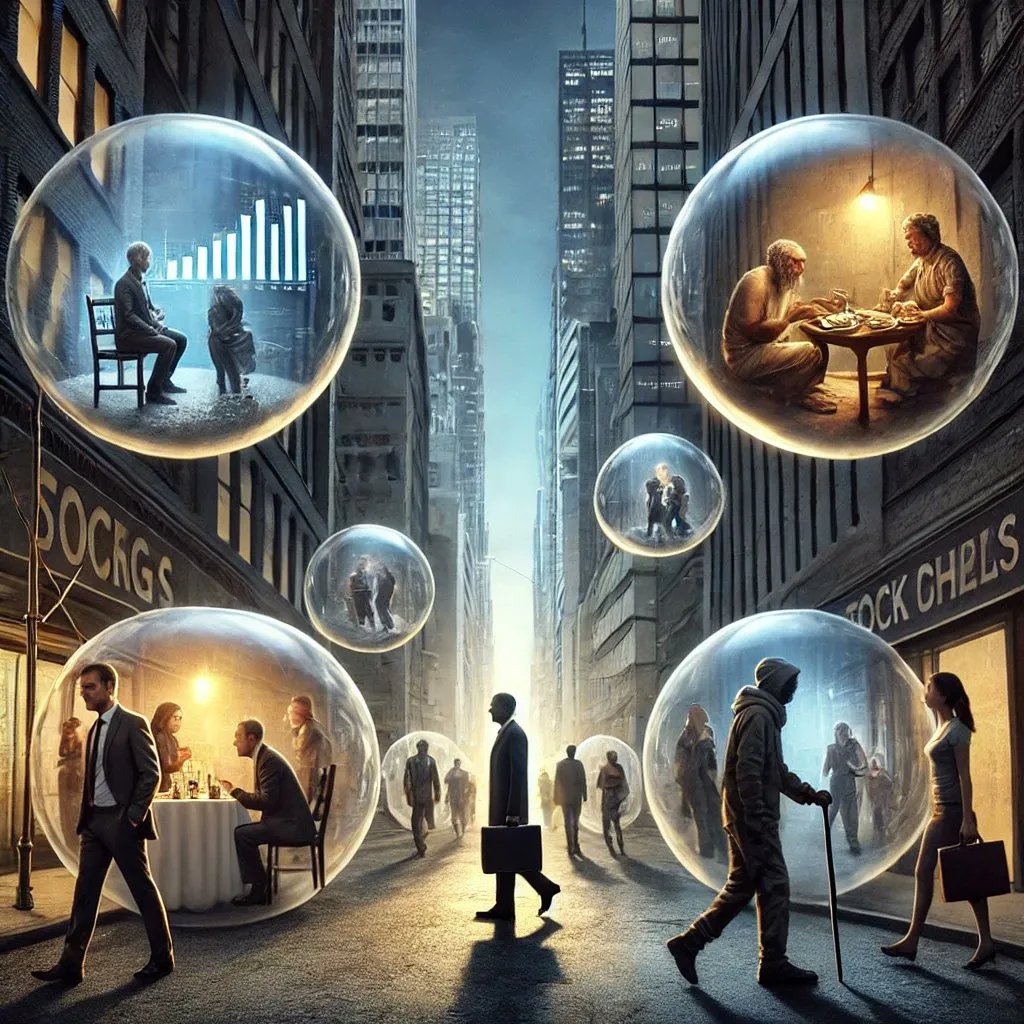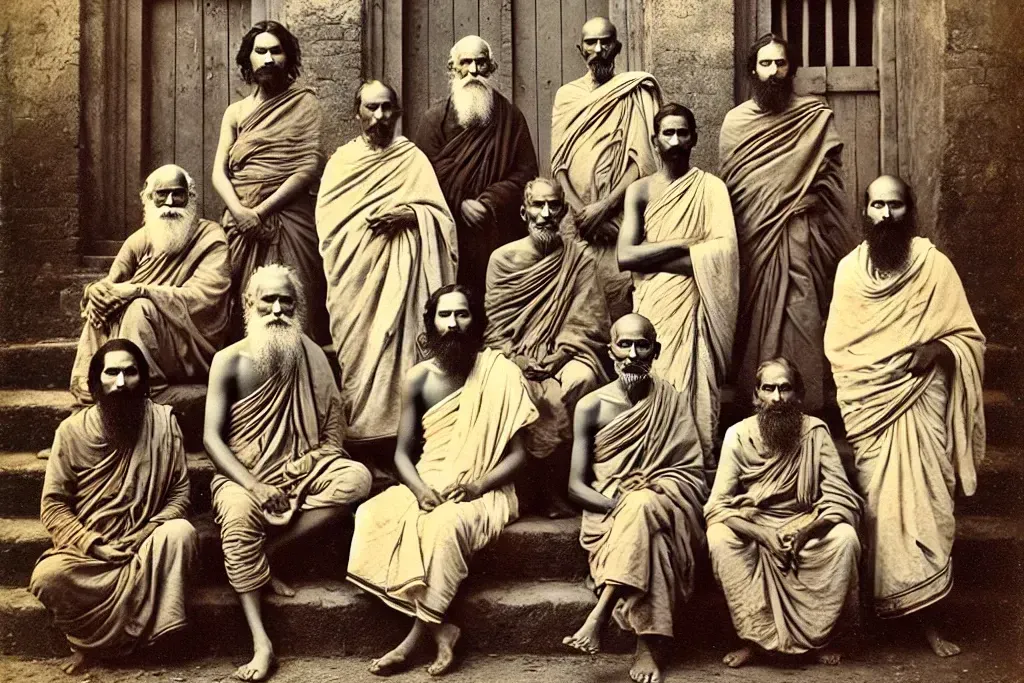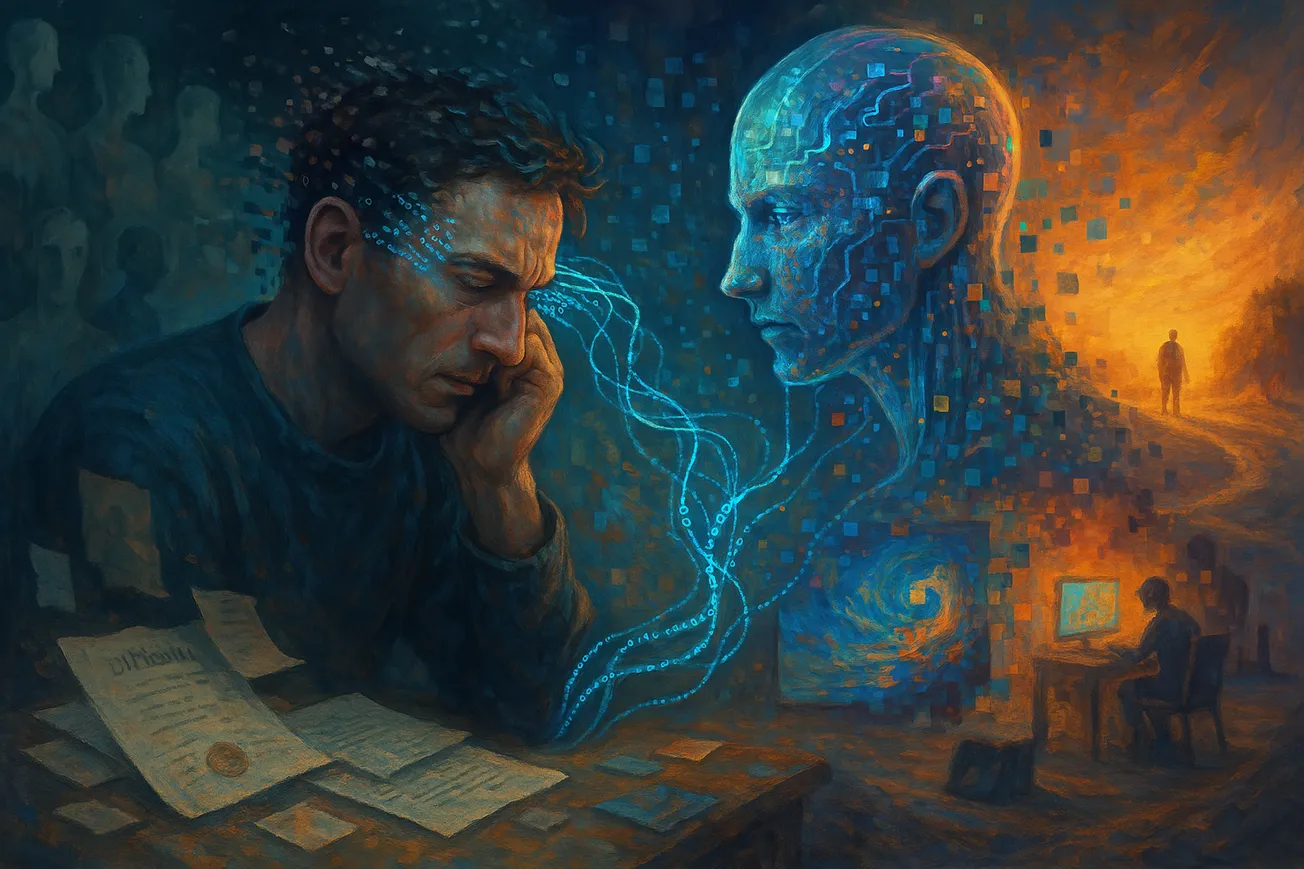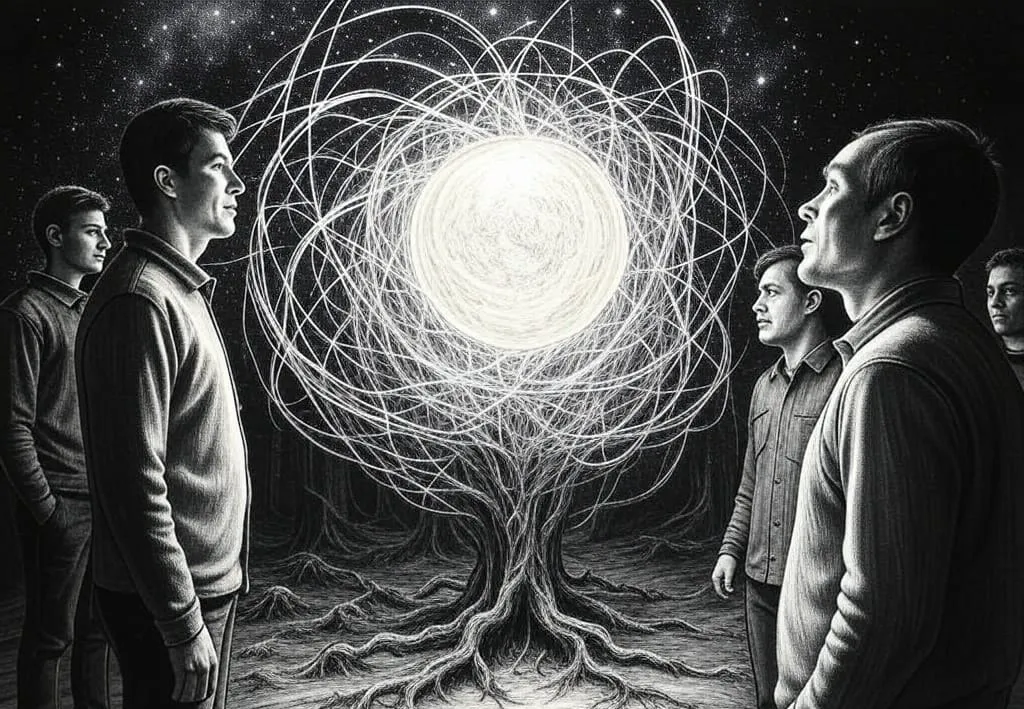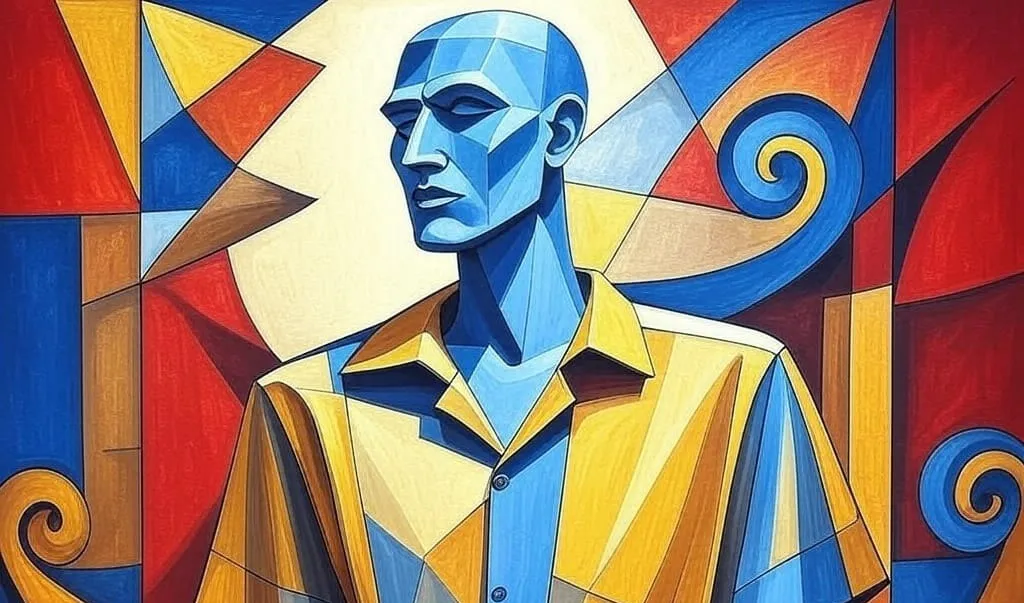We walk through labyrinths of glass, each bubble reflecting only its own infinite images. The city stretches before us like a mirror maze, where every passerby glances without truly seeing. If you stand still long enough, you can sense the isolation pulsing like a secret heartbeat: a silent terror that each person harbors behind transparent walls. We live in a time where we imagine we can hold the world in our devices, yet we cannot hold the hand of a stranger.
It is not that we lack neighbors or the solace of crowds. Rather, we inhabit private universes, each constructed of personal dreams and anxieties. Within these fragile spheres, we become so absorbed in the ceaseless echo of our own thoughts that we scarcely notice the silhouettes passing by. The friend who laughs behind heavy grief, the stranger who begs for scraps of meaning—both vanish in the haze of our own reflections. In this modern labyrinth, the “other” is an enigma, an uncharted territory we seldom care to explore.
Loneliness here is not a physical condition but a metaphysical one, an existential ache that gnaws at the edges of being. Like the endless corridors of a dream, we suspect there must be a hidden passage that connects us, a single thread uniting all these bubbles. Yet we keep missing it. We circle the same illusions of self, the same ephemeral tasks, unaware of the silent tragedies unfolding in the next bubble over. Each person is the hero of a private epic, never realizing how closely their drama parallels another’s unspoken sorrow.
In the age of digital illusions, we chase fleeting signals, trading authentic contact for flickers on a screen. The irony is that while technology claims to conquer distance, it instead cultivates new layers of separation. Our “connections” remain intangible, our dialogues orchestrated by algorithms, our interactions measured in heart-shaped icons. If we look deeper, we find not union but further solitude, for every reflection leads us back to our own face, our own fears.
Yet, there is a narrow door in every labyrinth, a point of convergence where walls can crumble. To find it requires more than sympathy—it demands the courage to step outside ourselves, to consider that our vantage is not the only vantage, our sorrow not the only sorrow. In glimpsing the humanity of the person across the street or across the screen, we catch a glimmer of something shared. We begin to sense that behind the infinite reflections, a single light burns in us all.
For now, most remain wandering in these crystalline halls, each convinced of being alone, each mourning an inexplicable emptiness. But if even one person dares to press their hand against another’s fragile bubble, if even one person dares to listen—truly listen—to the stories beyond their own, the labyrinth might reveal a path to communion. And in that act, the terrifying solitude of our age might fracture, letting in a glimmer of the world that exists just beyond the mirror.
